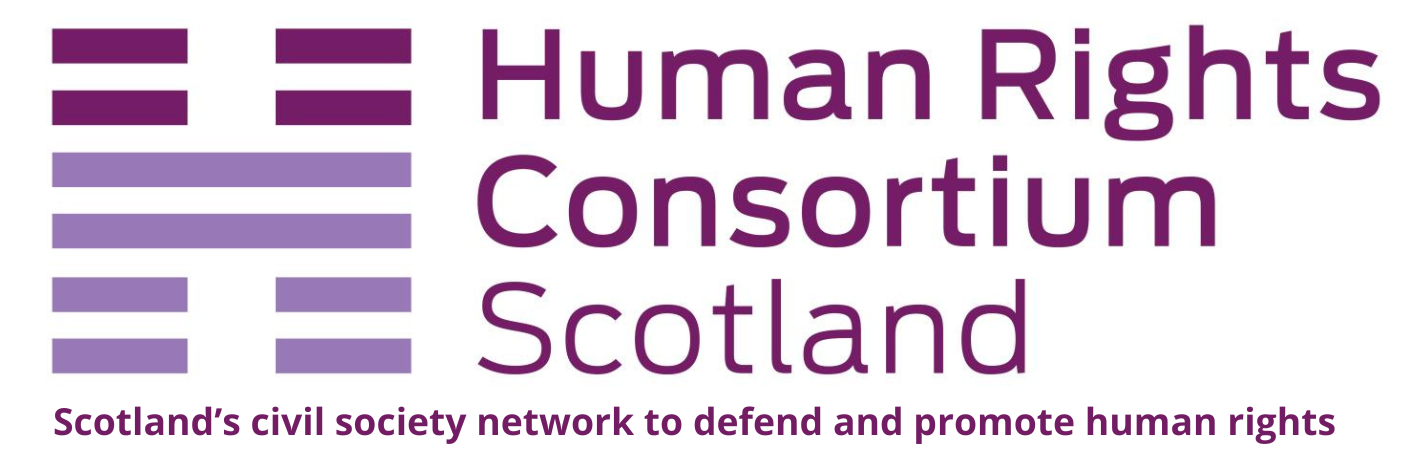Who can take a human rights case to court?
The restrictions on who can take an ECHR case in Scotland could be widened, says a new Human Rights Consortium Scotland research briefing.
Chris McCorkindale and Douglas Jack from Strathclyde University were commissioned by the Human Rights Consortium Scotland to produce a briefing around the area of standing – who can take a case – in Scots law. This was one of the barriers to public interest litigation identified in our joint discussion paper, published in November 2018. Developments to create a strengthened human rights statutory framework in Scotland, including incorporation of the UNCRC later in this parliamentary session, provide an important opportunity to address this barrier.
This briefing concludes that in most public litigation in Scotland, the law on standing with its test of ‘sufficient interest’ should not present a significant barrier to justice (though other barriers remain). However, actions on ECHR grounds have been restricted by the ‘victim’ test, and the role of public interest litigation in Scotland would benefit from ‘an explicit shift in the statutory frameworks from a ‘victim’ test to a ‘sufficient interest’ test as well as conferring explicit powers on both the Scottish Human Rights Commission and on the Children and Young People’s Commissioner Scotland to raise actions in their own name.’

